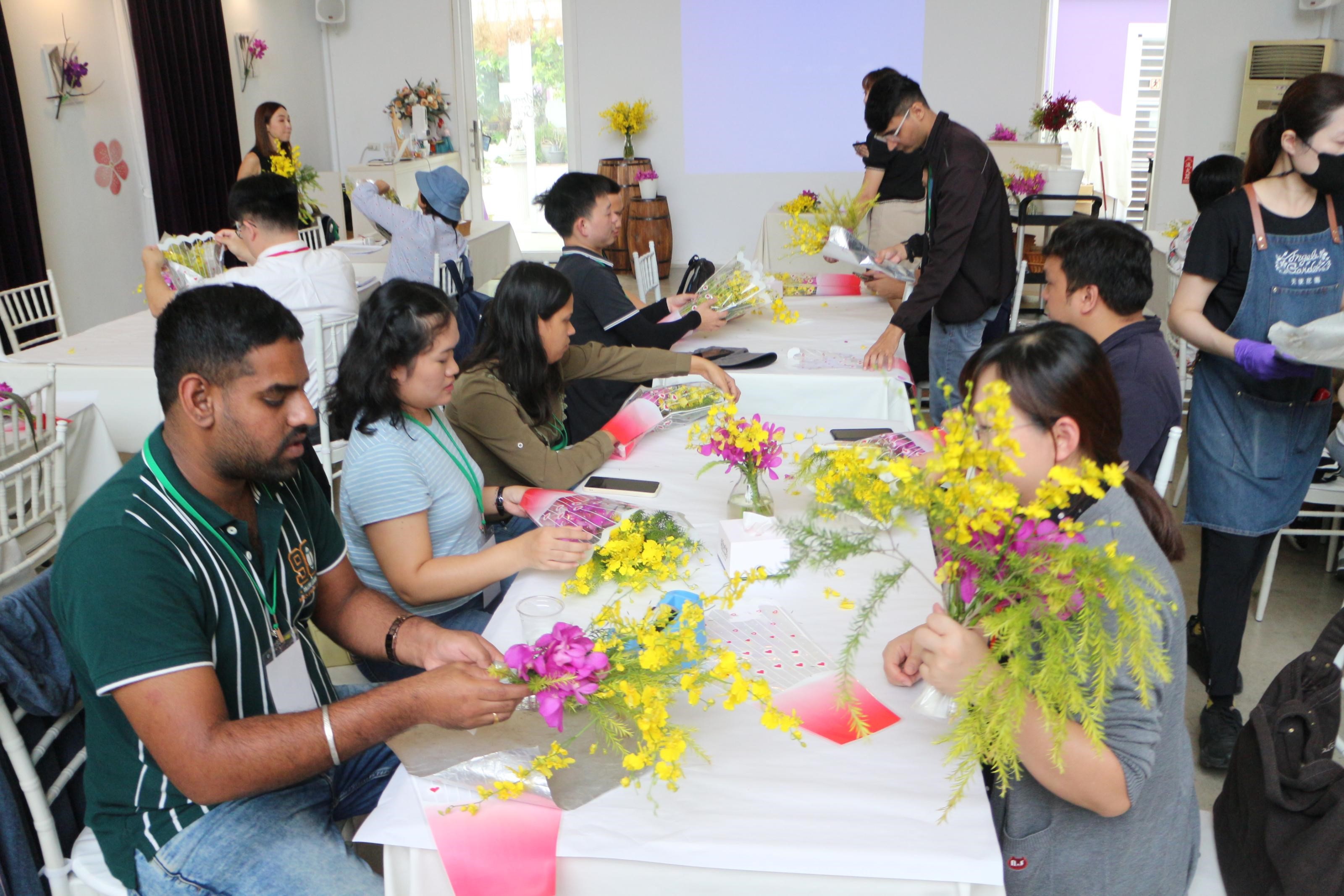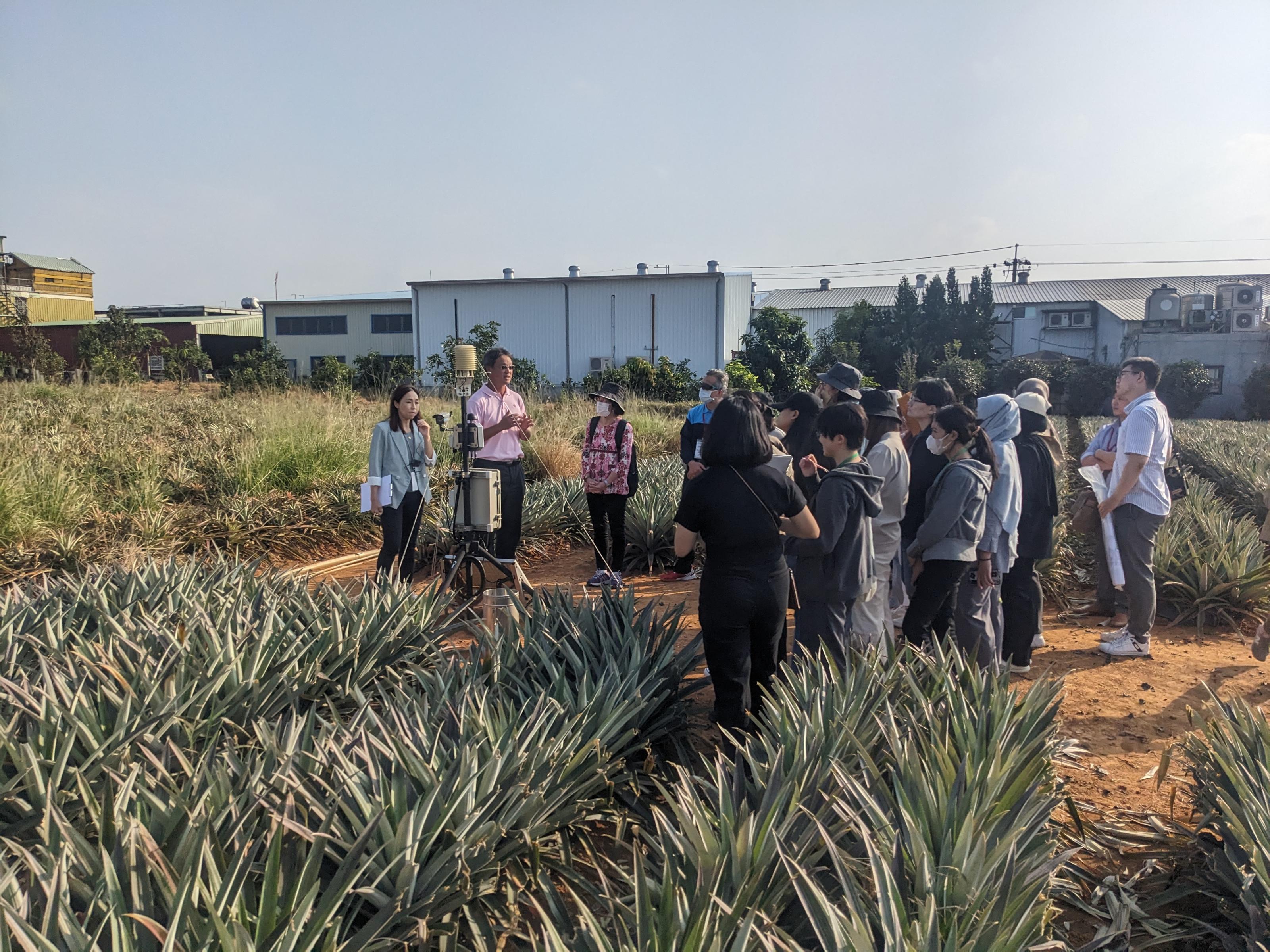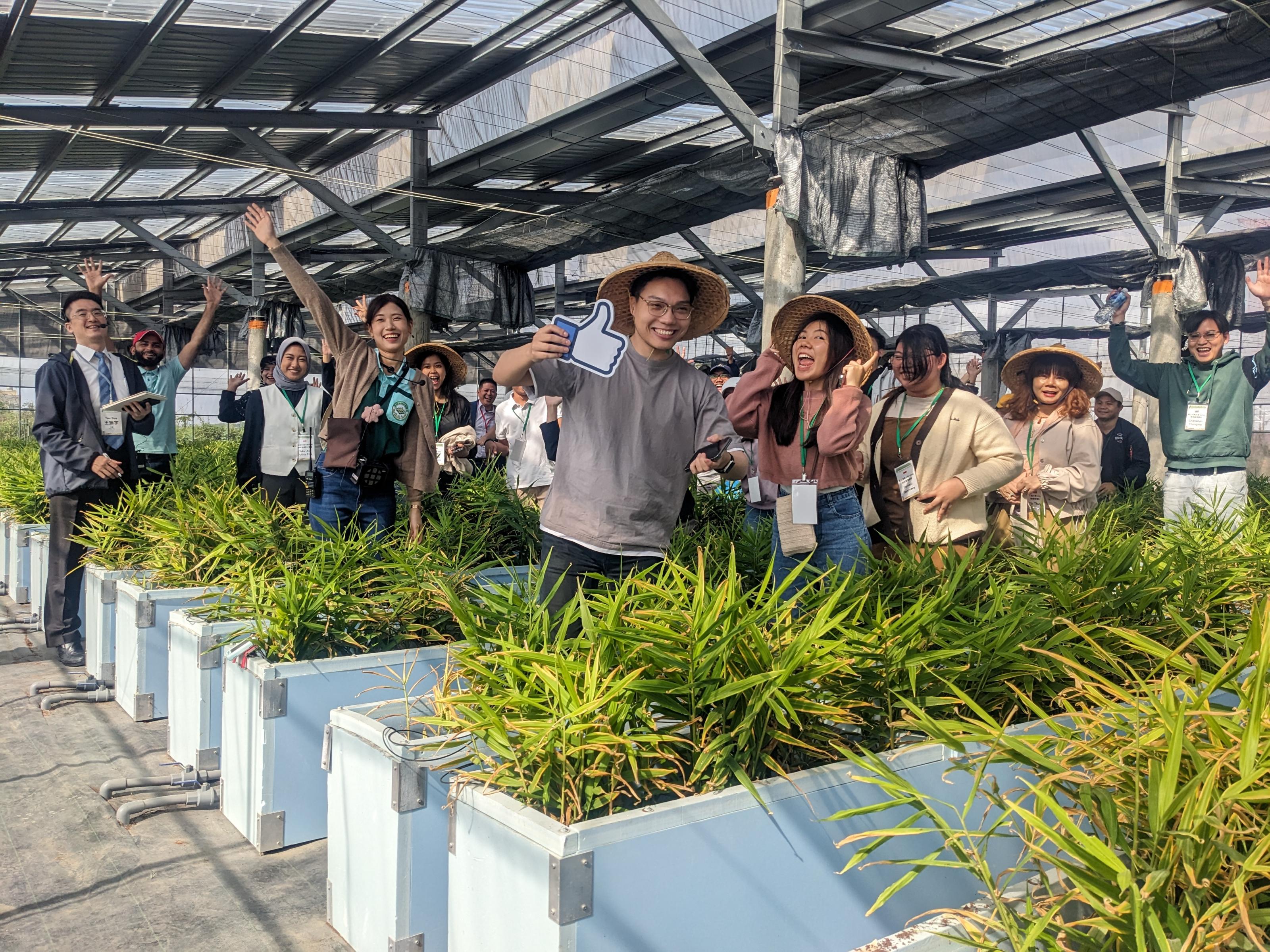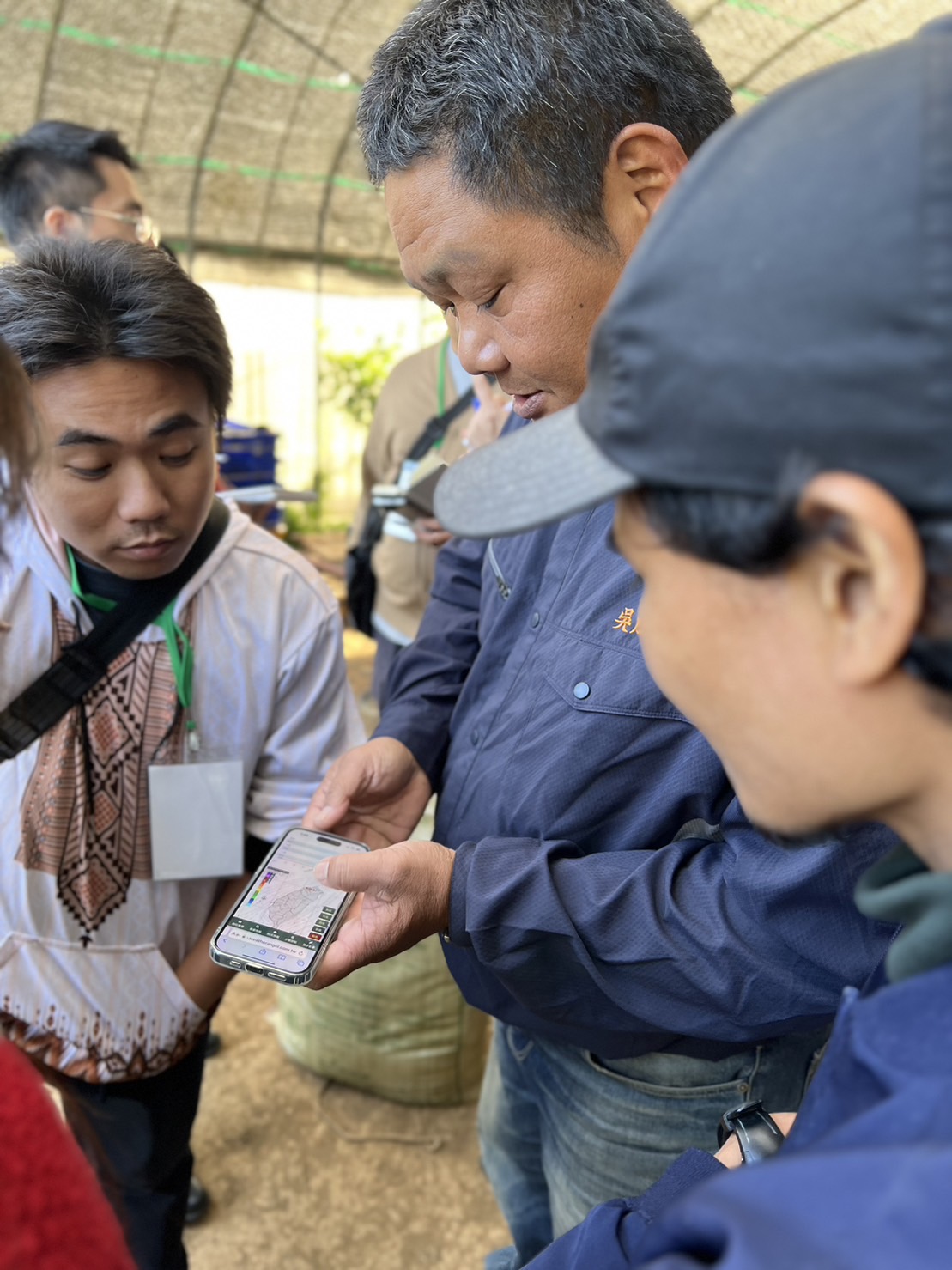Youth studying in Taiwan from 11 countries with diverse academic backgrounds advocated for regional sustainable agricultural development; High praise for Taiwan’s agriculture!
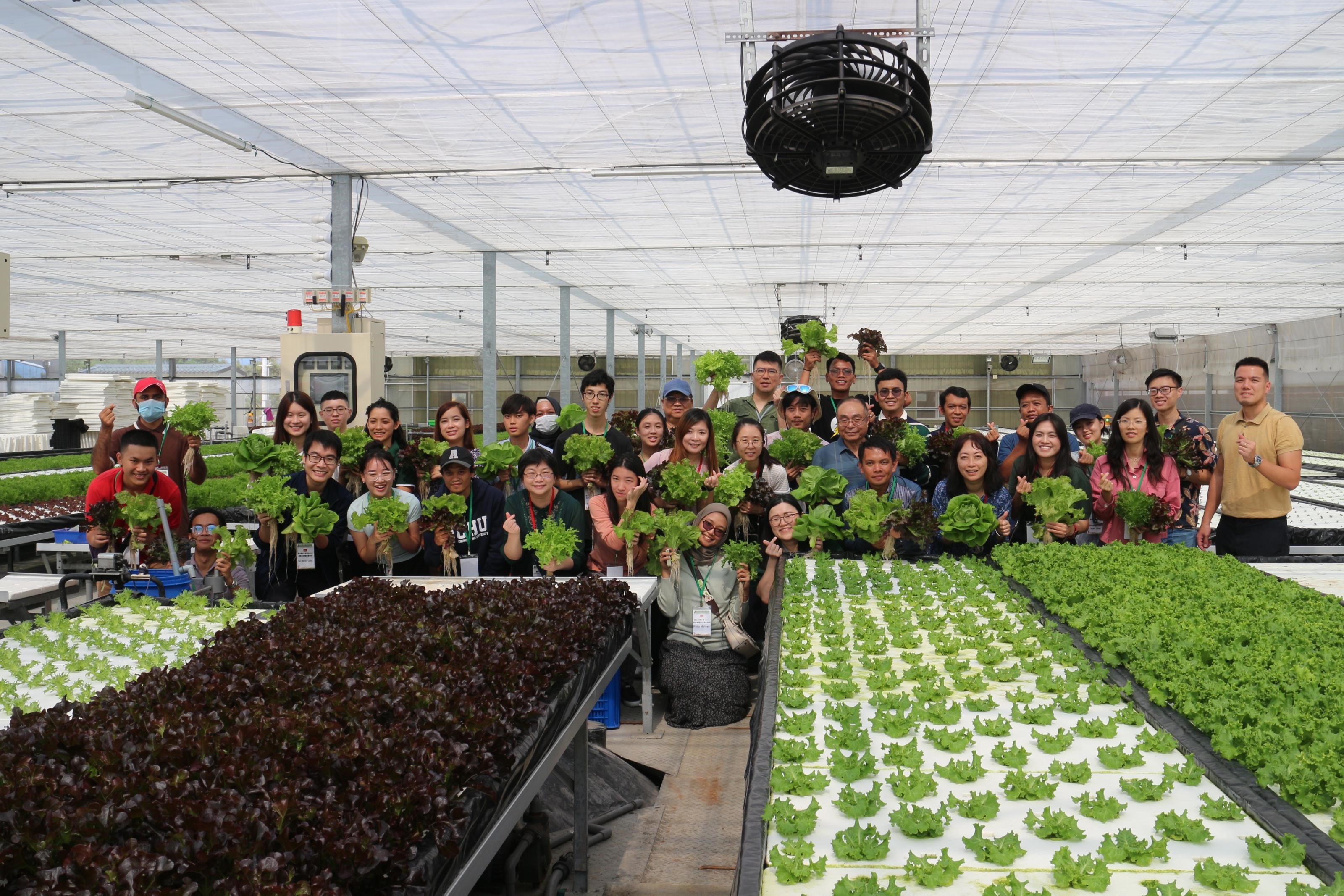
To deepen the understanding of the diverse values of agriculture among the new generation of international youth in Taiwan, the Ministry of Agriculture successfully organized a series of five events titled "Linking Taiwan’s Agriculture to New Areas" from November 4 to December 2, 2023, attracting over a hundred elite students from diverse disciplines and agricultural backgrounds from 11 countries, including Vietnam, Thailand, the Philippines, Indonesia, India, and Singapore. They visited 11 high-quality agricultural enterprises in Taiwan, and expressed high acclaim for Taiwan's agriculture!
The MOA states that the series of events aimed to inspire the younger generation's passion for agriculture, cultivate their sense of participation in the sustainable development of regional agriculture, and open up new career development perspectives through on-site visits to industries with cooperative potential. It incorporated feasible business models for collaboration between their home countries and Taiwan, prompting them to contemplate how to leverage their abilities in the future and work in cooperation with Taiwan to collectively devote effort to sustainability and innovation in regional agriculture.
The MOA explained that through the activities the students were guided to learn about the practical development of agricultural technology in Taiwan and its application by businesses. Participating students included not only people studying in fields related to agriculture, but also graduate and undergraduate students from disciplines including electrical engineering, supply chain management, civil engineering, biotechnology, cosmetology, business administration, and finance. These were mainly elite students with family backgrounds in industry, government, academia, or agribusiness in their home countries who have been sent to Taiwan for advanced study. In the future they will be important players in promoting the internationalization of products and services from Taiwan as well as act as critical “seeds” for sustainable regional agricultural development.
Through visits to businesses in various industries including outsourced agricultural machinery, vertical farming, floriculture, applied green energy, and agricultural information services, as well as discussions with Young Agricultural Ambassadors and experts from Taiwan, participating students gained a deep understanding of the fact that agriculture is the foundation for multiple and diverse professions. They admired Taiwan's agricultural enterprises for their use of smart monitoring to improve yield, expansion of farmer cooperatives to promote brand management, use of VR to experience agricultural machinery sharing and leasing models, and achievement of precise improvements in agricultural product quality through research results. They were also impressed by the information services and technological applications facilitating the coexistence of agriculture and green energy. Their visits to these agribusinesses enabled them to think about the possibilities and outlook for promotion of cross-domain integration of Taiwan’s agricultural technology and trade promotion.
In particular, a Filipino electrical engineering doctoral student focused on Taiwan's use of hyperspectral sensors to detect issues with sweet potatoes and pests. He plans to collaborate with Taiwan on various projects to develop new agricultural technologies suitable for his country. A Vietnamese horticulture master's student envisioned future collaboration with Taiwan to develop remote production models. A Nepalese engineering doctoral student recognized the importance of automation in reducing labor in agriculture and hopes to apply this concept in his home country to promote economic development while establishing closer international agricultural cooperation for the future.
These activities not only brought Taiwan and these international students closer together, they also enabled the 11 participating agribusinesses to engage in two-way exchanges with the students with respect to non-agricultural points of view, which will be helpful to industrial innovation. The participation by these multi-disciplinary student “seeds” will also, in the future, assist Taiwan agriculture to combine with different lifestyles and experiences, enabling agriculture to develop in even more directions.
